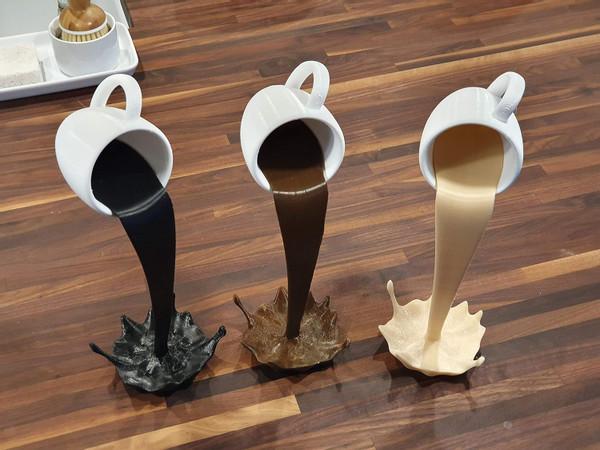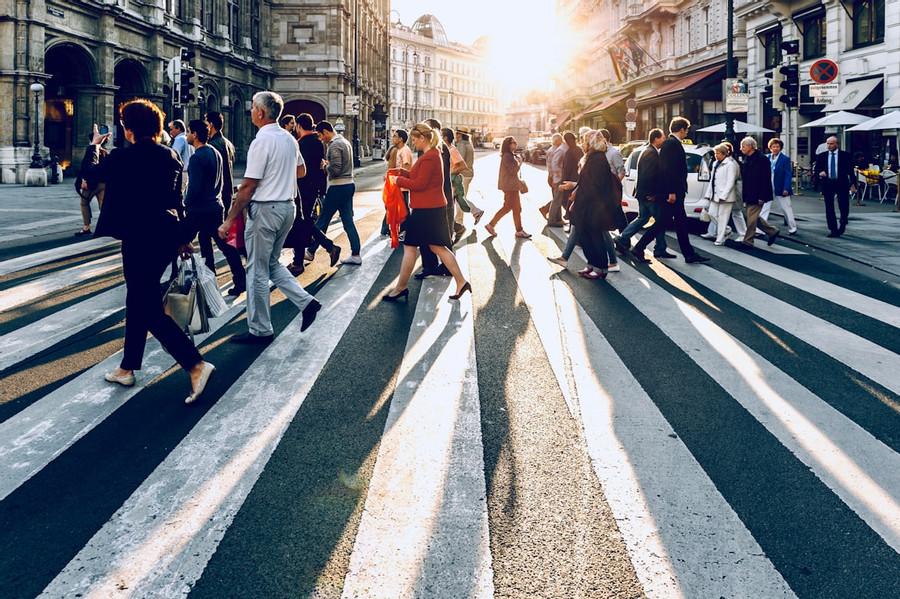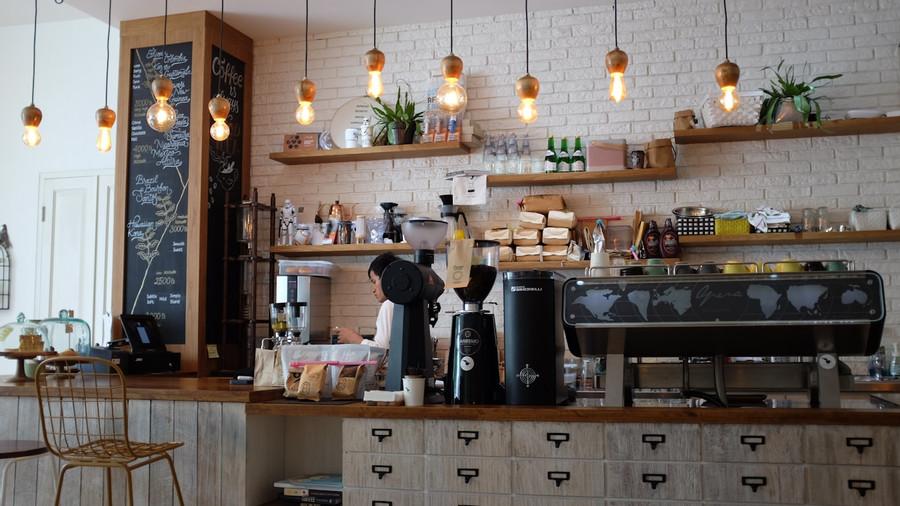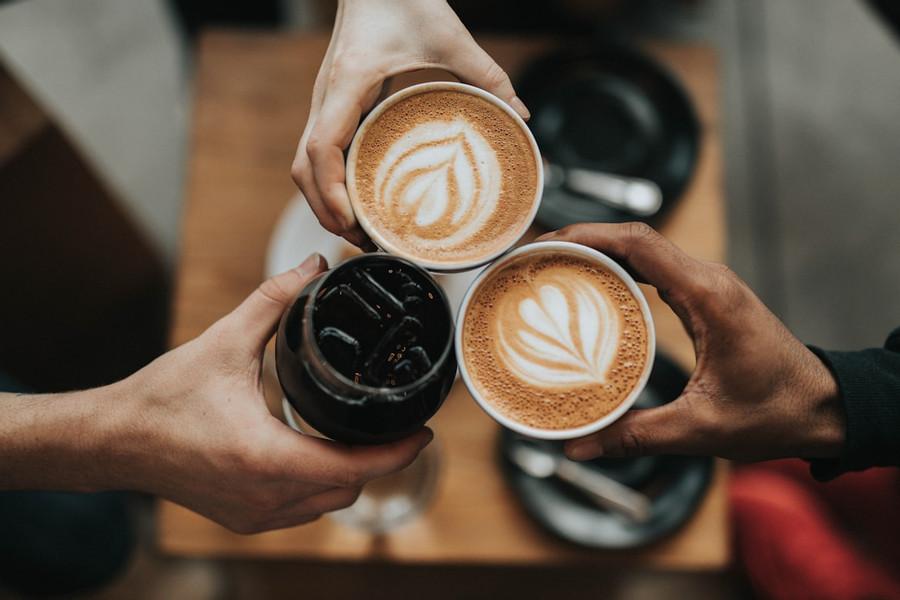Explore the World's Best Ideas
Join today and uncover 100+ curated journeys from 50+ topics. Unlock access to our mobile app with extensive features.
The Caffeinated and the Un-Caffeinated
Morning commuters seem to fall into one of two categories:
- the Caffeinated: ready to take on the day—they're reading their morning papers, or checking email, or reading for pleasure.
- the Un-caffeinated: with bleary-eyed, they walk more slowly up the stairs and are more irritable when you hurry them along—or hurry by them.
We're taught to look for these traits in connection with coffee.
105
1.02K reads
Grown Ups and Coffee
By 1988 only 50 percent of the adult American population drank coffee. In 1962, average coffee consumption was 3.12 cups per day; by 1991 had dropped to 1.75 cups per day.
At the onset of the 1980s, coffee growers and retailers realized that the current 20-29-year-old generation had little interest in coffee, which they associated with their parents and grandparents.
80
826 reads
Coffee And the "Me" Generation
For the coffee industry to survive, it needed a new marketing strategy. The consumer was changing and coffee-players needed to pay attention.
Crucial questions the 'me' generation will ask: "What's in it for me? Is the product 'me'? Is it consistent with my lifestyle? Do I like how it tastes? What will it cost me? Is it convenient to prepare?"
90
750 reads
The Value, Quality, and Image of Coffee
The consumer needed to be made more aware of what made coffee worth the price. So there needed to be a type of coffee to appeal to every person: Coffee for the aficionados, the penny-counters, those on-the-go, and the senior community who were already strong supporters. Coffee was meant to permeate every aspect of life.
Smaller roasters marketing specialty coffee, although slightly more expensive, found a niche to replace the tasteless coffee.
81
641 reads
Coffee: A Boost in Productivity
We have been taught to look for a boost in productivity from this drink. Caffeine makes us feel alert and attentive. It helps us get through those non-optimal periods for productivity when we compelled to be productive anyway.
But coffee became with time more personal, more accessible. The 20 - 29-year-olds began to drink coffee because it meant something to them: a flavor for everyone, a style for every lifestyle.
81
661 reads
Our Choices
Coffees offer us a way to look at our relationship to the larger world and see that sometimes our choices are not really our own.
This is not, of course, to say we enter the market as mere automatons. But we exercise those choices in a world of structured relationships. The 'me' that we have come to emphasize may be less personal than we realize.
80
701 reads
IDEAS CURATED BY
Elaina Y.'s ideas are part of this journey:
Learn more about health with this collection
The role of coffee in social interactions
Different types of coffee and their preparation
The impact of coffee on society and economy
Related collections
Similar ideas
5 ideas
Coffee ☕️ | The Nutrition Source
hsph.harvard.edu
7 ideas
Is Coffee Good for You?
nytimes.com
8 ideas
Drinking hot water: Benefits and risks
medicalnewstoday.com
Read & Learn
20x Faster
without
deepstash
with
deepstash
with
deepstash
Personalized microlearning
—
100+ Learning Journeys
—
Access to 200,000+ ideas
—
Access to the mobile app
—
Unlimited idea saving
—
—
Unlimited history
—
—
Unlimited listening to ideas
—
—
Downloading & offline access
—
—
Supercharge your mind with one idea per day
Enter your email and spend 1 minute every day to learn something new.
I agree to receive email updates






